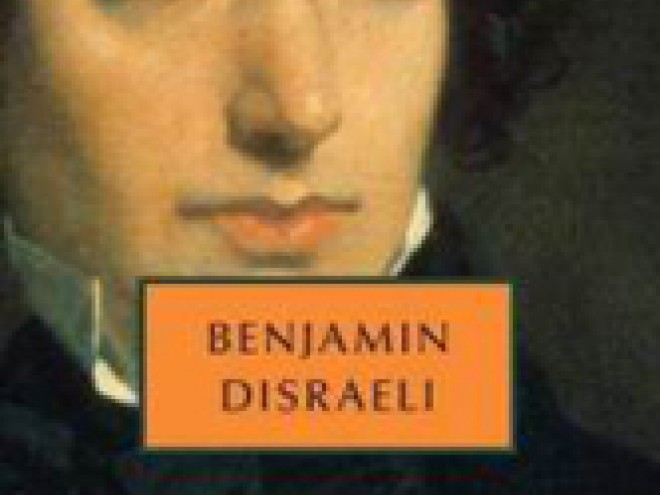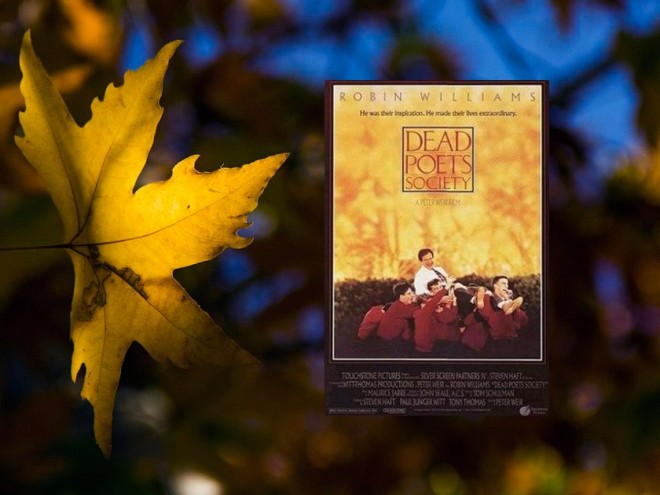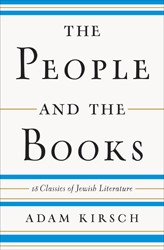In this remarkable contribution to Yale University Press’s “Why X Matters” series, Adam Kirsch traces the growth of Trilling’s career in education and criticism, musing along the way on the titles of Trilling’s works as sign posts of his development. Trilling’s own responses to his life, its disappointments as well as its successes, provide, in the Dantesque sense, a journey, in the middle of which (The Middle of the Journey, 1947 ) he had gone, not so much astray as afield, into imaginative writing, and needed to find his greater talent in criticism, as had his dissertation model, Matthew Arnold.
Trilling engaged mid-century modernism, but rarely mid-century authors. He wanted to understand their predecessors, those who had fashioned the liberal spirit that his own age took for granted. And he read them as people, not new-critically, as name tags on textual artifacts, or as biographies or representatives of –isms. What they had seemed to say about his own life made them worth rereading to see if they really had. As a boy in shul, he had pondered not the prayers, but the Pirke Avoth, which he would later incorporate into his essay “Wordsworth and the Rabbis” (1950). As a young man he had leaned toward communism, but recoiled from its political excesses; he plumbed Freud, who appreciated poetry as a medium of thought, and learned that non-utopian civilization required a chastening of urges, at the price of discontent, which could be wrestled with in literature and life. As a literary critic it was not the liberal intellect that Trilling probed — this was evident all around him and surely embedded in the prevailing readership — but The Liberal Imagination (1950). What made Huck Finn shun ritual civility for the peace of the river, what made Wordsworth seek in nature a “wise passiveness,” what fascinated the weak-eyed Jewish Isaac Babel about Cossack brutality could make the reader question his own moral and political assumptions without reading lectures on politics. Trilling died eleven years after the political routing of Goldwater and five years before the ascendancy of Reagan, believing that conservatism was a lurking but humanely bankrupt alternative to the liberal spirit, but one that could rear its head as it had in Europe if liberals did not constantly challenge themselves
As for Trilling’s Jewishness, after it nearly cost him his appointment in the all-gentile Columbia University English department, he wore it openly though lightly. But his doctrinal faiths, both in Judaism and in Marxism, gave over to a humanistic faith, connecting Arnold and Freud, that saw this life as the only life; saw human aging not only as loss, but as fulfillment “[i]In the faith that looks through death” by “an eye / That hath kept watch o’er man’s mortality;” (Wordsworth, “The Immortality Ode,” reevaluated in The Liberal Imagination); saw in Keats’s letters, human life not as “a vale of tears” but as “a vale of soul making” that “school[s] an intelligence and makes it a soul” (“The Poet as Hero: Keats in His Letters”). For Keats’s soul read self, immortal only in what it leaves as a contribution to life on earth. Our age, flitting from likes to dislikes, has lost this spirit of criticism. That’s why Trilling matters. Adam Kirsch has brought him back to us with a balance that his subject would appreciate.

Nonfiction
Why Trilling Matters
- Review
By
– November 29, 2011
Alan Cooper teaches English at York College, CUNY. Notable among his numerous contributions to periodicals, reviews, and books is his Philip Roth and the Jews (SUNY Press, 1996). His latest book is the young-adult novel Prince Paskudnyak and the Giant Bats.
Discussion Questions

Jewish literature inspires, enriches, and educates the community.
Help support the Jewish Book Council.



